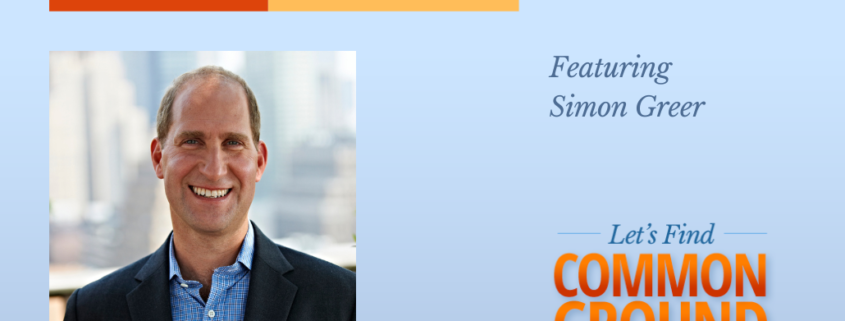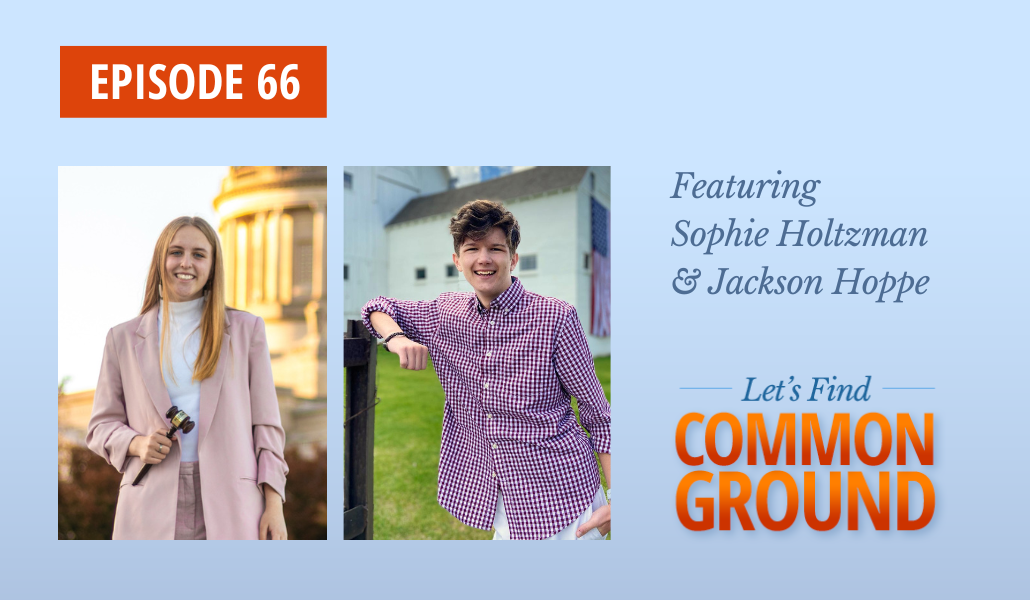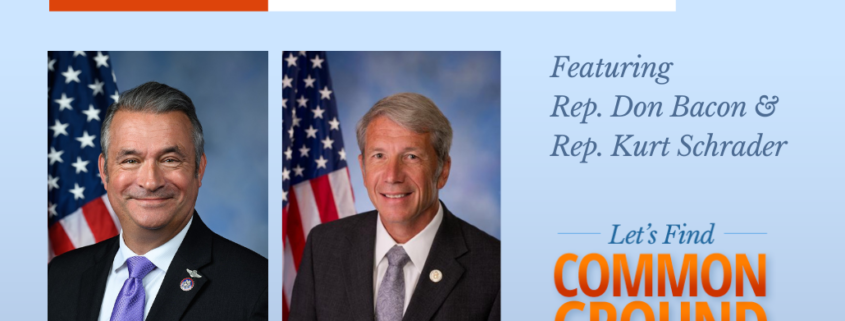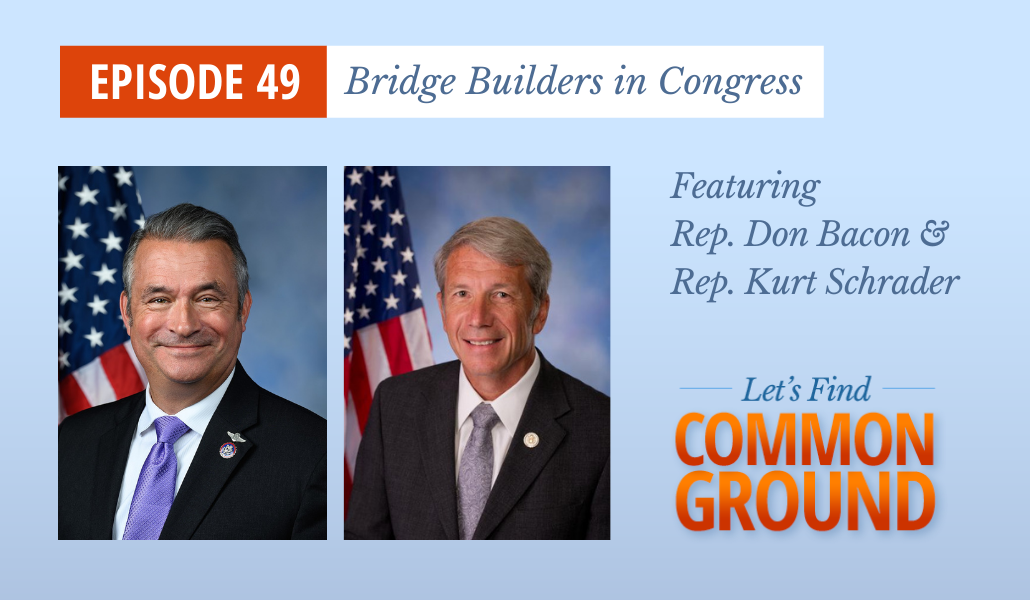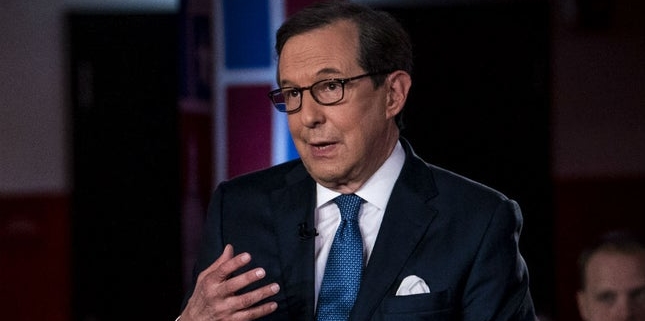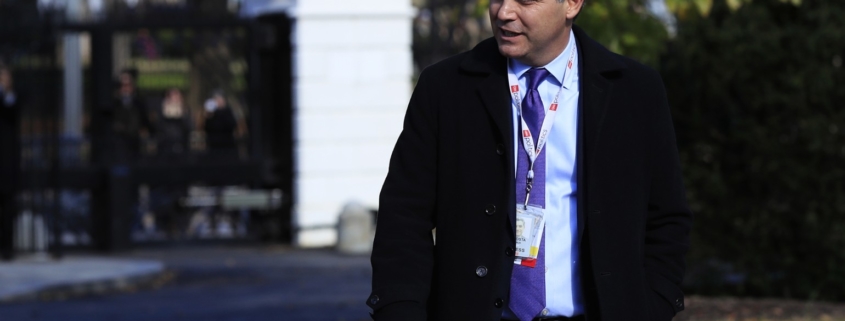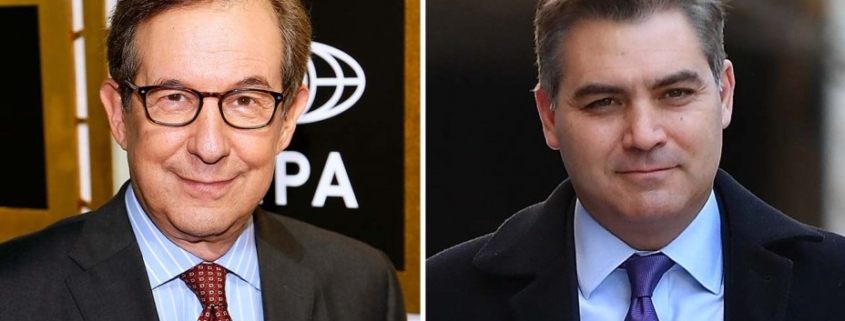The anchor doesn’t want to talk about Ingraham, Hannity and Carlson – but he does think Jim Acosta of CNN should not be lecturing the president
When Chris Wallace grills politicians on his Sunday morning show, he can expect two men to offer feedback. One is Donald Trump, who is wont to tweet back in anger. The other is Wallace’s boss: Rupert Murdoch.
“He cares tremendously about the news,” Wallace says of the owner of the most watched cable news network in America. “And I will tell you, when I have contact with him, he never is asking about ideology, just: ‘What’s going on? What’s happening? Tell me.’
“To give you a sense of how it’s all about a newsman’s instincts, the week of [the] New Hampshire [primary] I booked Bernie [Sanders] and [Pete] Buttigieg and the word came down through some of the executives, ‘Good get’, from Rupert. That’s all he cared about. ‘Good get’.”
Few on the left would agree with such a benign view of Murdoch and his influence on US society and politics and the media landscape.
Fox News is seen by critics as a centrifugal force in the decay of consensus, the coarsening of political debate and the polarization of the country. It is also said to be the propaganda arm of Trump’s White House or, in the words of one academic interviewed by the New Yorker last year, “the closest we’ve come to having state TV”.
But – significantly – not Wallace’s show.
Fox News Sunday stands out as an oasis of critical thinking and rapier questions that draw blood from administration allies and opponents alike. A pro of the old school, Wallace has also spoken out against Trump for perpetrating a sustained assault on press freedom.
“Wallace’s presence on Fox News can seem like a hallucination for regular viewers of the pro-Trump network that is often a seamless extension of the White House’s communications staff,” the columnist Margaret Sullivan wrote in the Washington Post in December.
So, in short, why does he still work there? At a Common Ground Committee forum at Columbia Journalism School in New York recently, Wallace was repeatedly challenged about sharing a channel with prime-time opinion hosts such as Sean Hannity. Was he legitimizing them, one audience member wondered, and therefore complicit in “truth-washing”?
Wallace repeatedly deflected, insisting on a church and state separation between news and opinion that viewers are intelligent enough to understand.
“I don’t think many people would mistake me for the prime-time opinion people,” he said. “I think they know the difference.”
Speaking alongside Maggie Haberman of the New York Times, Wallace made the questionable assertion that Fox News and the Times are two sides of the same coin. Yet countless articles and books and watchdogs have chronicled Fox News’ influence as a purveyor of untruths, conspiracy theories, and race-baiting.
For a long time, like Trump, it pushed the baseless rumor that Barack Obama was not born in America. Last year, Fox News viewer Cathy Garnaat was stunned to learn from a town hall event that special counsel Robert Mueller’s report contained anything at all negative about Trump.
And when Trump supporters chanted “Send her back! Send her back!” about Democratic congresswoman Ilhan Omar, a Somali-born Muslim, the Fox News host Laura Ingraham offered no condemnation but cheerfully proclaimed: “The president was on fire.”
Wallace said he was not in regular contact with all the prime-time hosts but gets on well with Ingraham.
In a joint interview with the Guardian and Hollywood Reporter, he said he no longer wished to talk about the issue.
“I’m here,” he explains, friendly but firm. “You want to talk to me about what I do? I’m happy to talk about it. I don’t want to talk about what somebody else does. It’s silly.”
Does he find himself in a tough spot now Fox News itself has inescapably become part of the Trump story, amplifying the president’s views and influencing his thinking?
“No. I do what I do and I’m sitting there during the week trying to come up with the best guests and the best show I possibly can and I’m not sitting there thinking about how do we fit in some media commentary.”
Cable news, accused of rewarding whoever shouts loudest and brings the most shock value, has been blamed for accelerating America’s coming apart, Fox News and MSNBC offering alternative facts and realities. Wallace is uncertain.
“Yeah, I guess I think they’re contributing to it, all of them together, in perhaps equal measure. I mean, the only hesitation I have in saying that is I don’t know that the polarisation wouldn’t be there if we weren’t on the air.
“It’s a 50-50 nation, it’s a divided nation. People are constantly saying, ‘Why can’t we come together and get things done,’ and part of the problem is we’re just so divided on so many issues. Do I think media commentary plays a role in that? Perhaps. But when you look at the results and it’s 51-49 and Trump wins the electoral vote but Hillary Clinton wins the popular vote, it’s just the way the nation is at this point.”
Hours earlier, at a press conference in India, Trump again attacked CNN, prompting Jim Acosta, its chief White House correspondent, to retort: “Mr President, I think our record on delivering the truth is a lot better than yours sometimes if you don’t mind me saying.”
Wallace was “horrified”, he says, because reporters should be “umpires” and not getting into fights with presidents.
“Look, I think we’re not meek but the point I guess I’d make is first of all he’s the president of the United States, whether you like him or you don’t like him, and I think there’s a certain respect due to the office, even if you don’t feel it for a particular man.
“Secondly, I think it falls into this trap of becoming an advocate or an opponent as opposed to being a reporter. We’re not there to try to one-up the president or any politician. If it happened to Nancy Pelosi in a press conference, I would have said the same thing. It’s not our place.”
Now Wallace is in the thick of a presidential election. There has been much media soul searching since 2016, when Trump’s outrageous conduct gained millions of dollars of free TV coverage at the same time reporters gave obsessive attention to Hillary Clinton’s email scandal.
Wallace takes some different lessons.
“When I look back on 2016, things like over-coverage of rallies is certainly something but I think the thing that most serious political reporters feel worst about is that we didn’t identify the support for Donald Trump early enough and that we didn’t understand the degree to which he really was striking a chord among millions of Americans and the degree to which that was going to translate into votes, particularly in the upper rust belt.
“As you look ahead to 2020, you want to be sure you’re striving to be as effective and as ahead of the curve as possible in identifying what is on the mind of voters and what’s resonating with voters.”
Wallace, the son of journalistic giant Mike Wallace, is now 72. He’s about to publish a book, Countdown 1945, an account of the 116 days leading up to the US attack on Hiroshima in Japan, the world’s first use of the atomic bomb in wartime. But he describes journalism as the best way to make a living and has no intention of quitting the day job.
“You’re talking to a man whose father was still working at 88. When I went to a job interview with Roger Ailes, I was 55 years old and I said I can only give you 30 years. So I’ve got more than a decade left to go.”


